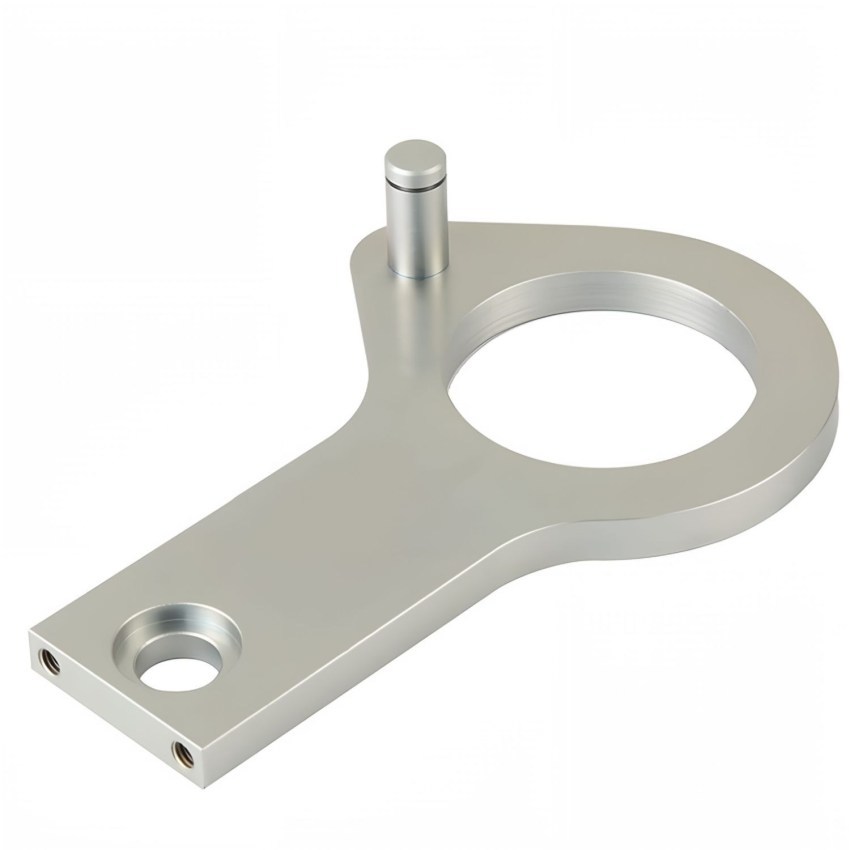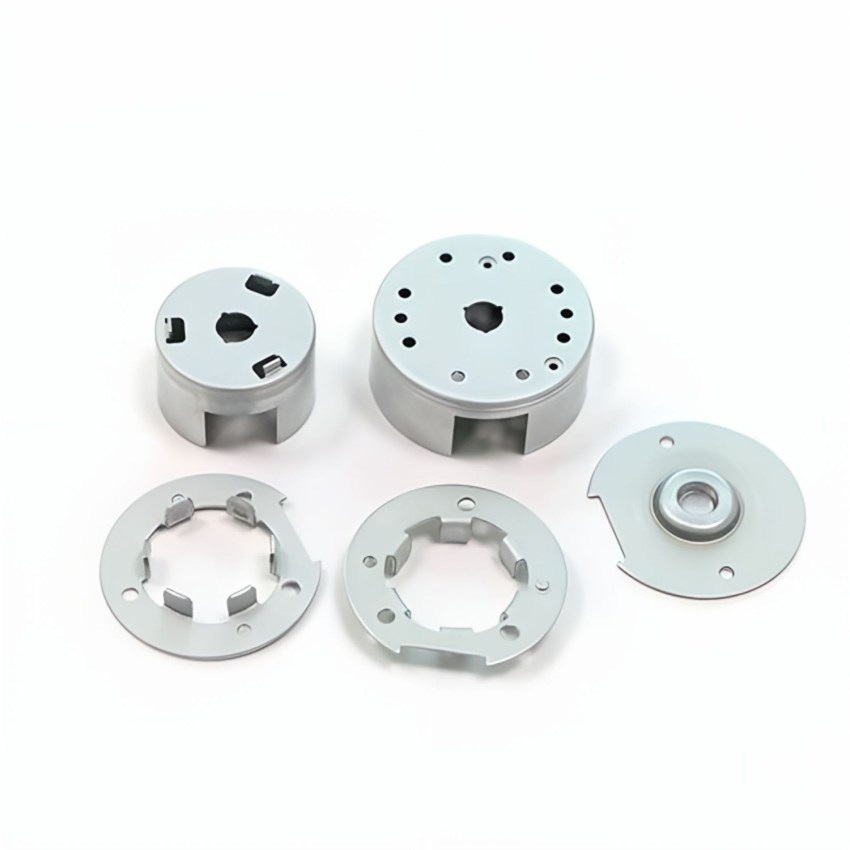Unlocking the Benefits of Titanium CNC Machining in Precision Manufacturing
Release time:
2025-01-09
Titanium CNC machining is a pivotal aspect of modern manufacturing, particularly in sectors that demand high-performance materials. Titanium, known for its impressive strength-to-weight ratio, corrosion resistance, and biocompatibility, makes it an ideal choice for various applications in aerospace, medical, automotive, and industrial sectors. One of the primary advantages of titanium CNC machinin

Titanium CNC machining is a pivotal aspect of modern manufacturing, particularly in sectors that demand high-performance materials. Titanium, known for its impressive strength-to-weight ratio, corrosion resistance, and biocompatibility, makes it an ideal choice for various applications in aerospace, medical, automotive, and industrial sectors.
One of the primary advantages of titanium CNC machining is its ability to produce complex geometries with high precision. CNC (Computer Numerical Control) technology allows for automated machining processes, which enhances repeatability and accuracy. This is particularly valuable in industries where tolerances must be strict, such as aerospace components, where even minute discrepancies can lead to significant safety risks.
Moreover, titanium's low density compared to steel means that components can be fabricated lighter without compromising strength. This is crucial in the aerospace industry, where reducing weight can lead to greater fuel efficiency. Similarly, in the medical field, titanium’s biocompatibility makes it suitable for implants and prosthetics, where both mechanical integrity and human compatibility are essential.
However, titanium machining also comes with its challenges. The material's hardness can lead to high tool wear, making the selection of appropriate cutting tools and parameters critical. Advanced CNC machines equipped with high-performance tooling and optimized cutting strategies are essential to mitigate these issues. Techniques such as high-speed machining and coolant usage can significantly improve tool life and surface finish, addressing some of the common challenges faced during machining operations.
Another essential factor in titanium CNC machining is understanding the specific grade of titanium being used. Grades such as Ti-6Al-4V (Grade 5) are particularly popular due to their balance of strength and weldability. Each grade has its unique properties that can influence the machining process and the final product's performance. Therefore, selecting the right grade based on the intended application is paramount.
In conclusion, titanium CNC machining offers unparalleled benefits for manufacturers looking to produce high-quality, lightweight components. Its unique characteristics make it an essential material in various high-tech industries, driving innovation and efficiency. As technology advances, the methods and tools available for titanium machining are continuously improving, opening new possibilities for precision manufacturing. Embracing these advances can lead to enhanced product performance and more efficient manufacturing processes, solidifying titanium's place at the forefront of modern engineering.
One of the primary advantages of titanium CNC machining is its ability to produce complex geometries with high precision. CNC (Computer Numerical Control) technology allows for automated machining processes, which enhances repeatability and accuracy. This is particularly valuable in industries where tolerances must be strict, such as aerospace components, where even minute discrepancies can lead to significant safety risks.
Moreover, titanium's low density compared to steel means that components can be fabricated lighter without compromising strength. This is crucial in the aerospace industry, where reducing weight can lead to greater fuel efficiency. Similarly, in the medical field, titanium’s biocompatibility makes it suitable for implants and prosthetics, where both mechanical integrity and human compatibility are essential.
However, titanium machining also comes with its challenges. The material's hardness can lead to high tool wear, making the selection of appropriate cutting tools and parameters critical. Advanced CNC machines equipped with high-performance tooling and optimized cutting strategies are essential to mitigate these issues. Techniques such as high-speed machining and coolant usage can significantly improve tool life and surface finish, addressing some of the common challenges faced during machining operations.
Another essential factor in titanium CNC machining is understanding the specific grade of titanium being used. Grades such as Ti-6Al-4V (Grade 5) are particularly popular due to their balance of strength and weldability. Each grade has its unique properties that can influence the machining process and the final product's performance. Therefore, selecting the right grade based on the intended application is paramount.
In conclusion, titanium CNC machining offers unparalleled benefits for manufacturers looking to produce high-quality, lightweight components. Its unique characteristics make it an essential material in various high-tech industries, driving innovation and efficiency. As technology advances, the methods and tools available for titanium machining are continuously improving, opening new possibilities for precision manufacturing. Embracing these advances can lead to enhanced product performance and more efficient manufacturing processes, solidifying titanium's place at the forefront of modern engineering.
Key words:




